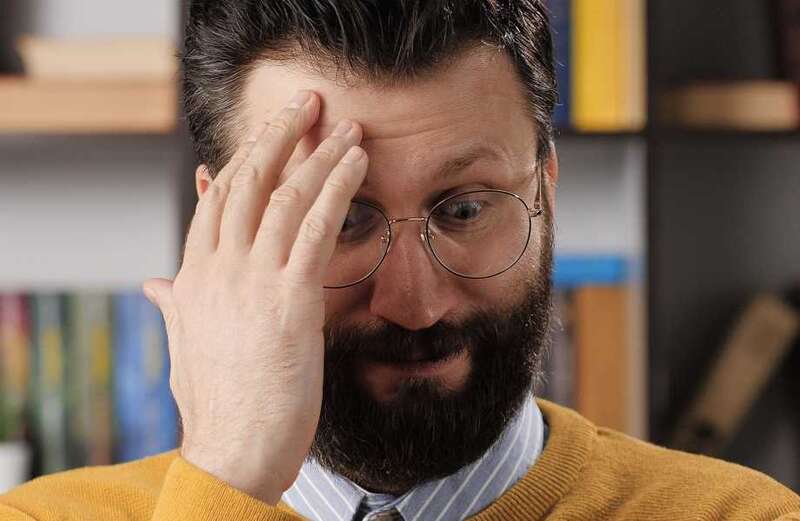NEW research has found that your brain sends a special signal right before telling a false memory or unintended lie.
The discovery was made by a group of scientists from the University of Pennsylvania's Computational Memory Lab and the University of Chicago who were studying the hippocampus, a part of the brain.


The hippocampus is a complex structure inside the brain’s temporal lobe that is known for its involvement in memory and item retrieval.
While previous studies had established the role of the hippocampus in memories, the scientists sought out to discover if it could tell the difference between true and false memories.
False memories are not as distinct as a natural and intended lie.
 Inside quietest room in the world where no one can stay inside for over an hour
Inside quietest room in the world where no one can stay inside for over an hour
Instead, false memories can occur when people remember events differently, such as mixing up what they had for breakfast or which cup they had been drinking from.
In the recent study, which was published in September in the PNAS journal, the scientists found that the hippocampus is able to distinguish between false and true memories – all thanks to electrical signals.
In order to measure this, the researchers looked at the electrical activity in the hippocampus of subjects with epilepsy.
These patients already had electrodes implanted to measure and track seizures.
Throughout the experiment, the researchers asked the subjects to study a list of words and then recall it after a break.
However, before studying the words, they had already been shown a separate list, in an attempt to trigger a false memory.
As the subjects recalled the list – and incorrectly listed one that hadn’t appeared – the researchers observed electrical activity in the hippocampus.
The rhythm – which lasted less than a second – changed as the words were listed correctly or incorrectly.
Now Herz, lead author of the study, said in a statement that the findings “allowed us to more precisely, and directly, measure the neural signals that were generated in deep brain structures, so the activity we are getting is much more localized.”
 Hidden 'molten' zone of Earth discovered below surface –reveals ancient secrets
Hidden 'molten' zone of Earth discovered below surface –reveals ancient secrets
Overall, the researchers argue that their study is key to understanding how the brain retrieves memories – particularly when false memories are linked to distress, such as post-traumatic stress disorder.
“Individuals suffering from stress-related psychopathology, such as post-traumatic stress disorder, often experience memory intrusions of their traumatic experiences under contexts that are safe and dissimilar to the traumatic incident,” they wrote.
“Targeted interventions that disrupt retrieval of intrusive memories could spawn novel therapies for such clinical conditions.”



































